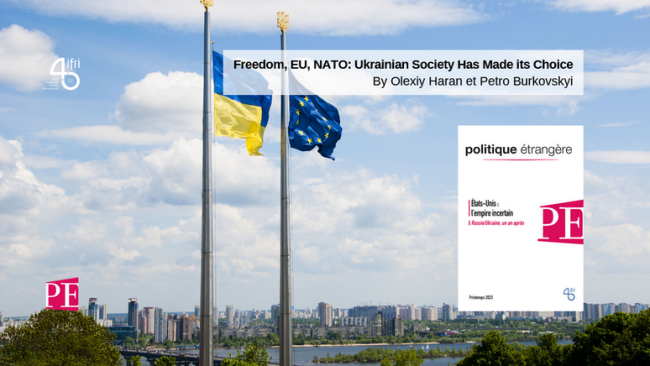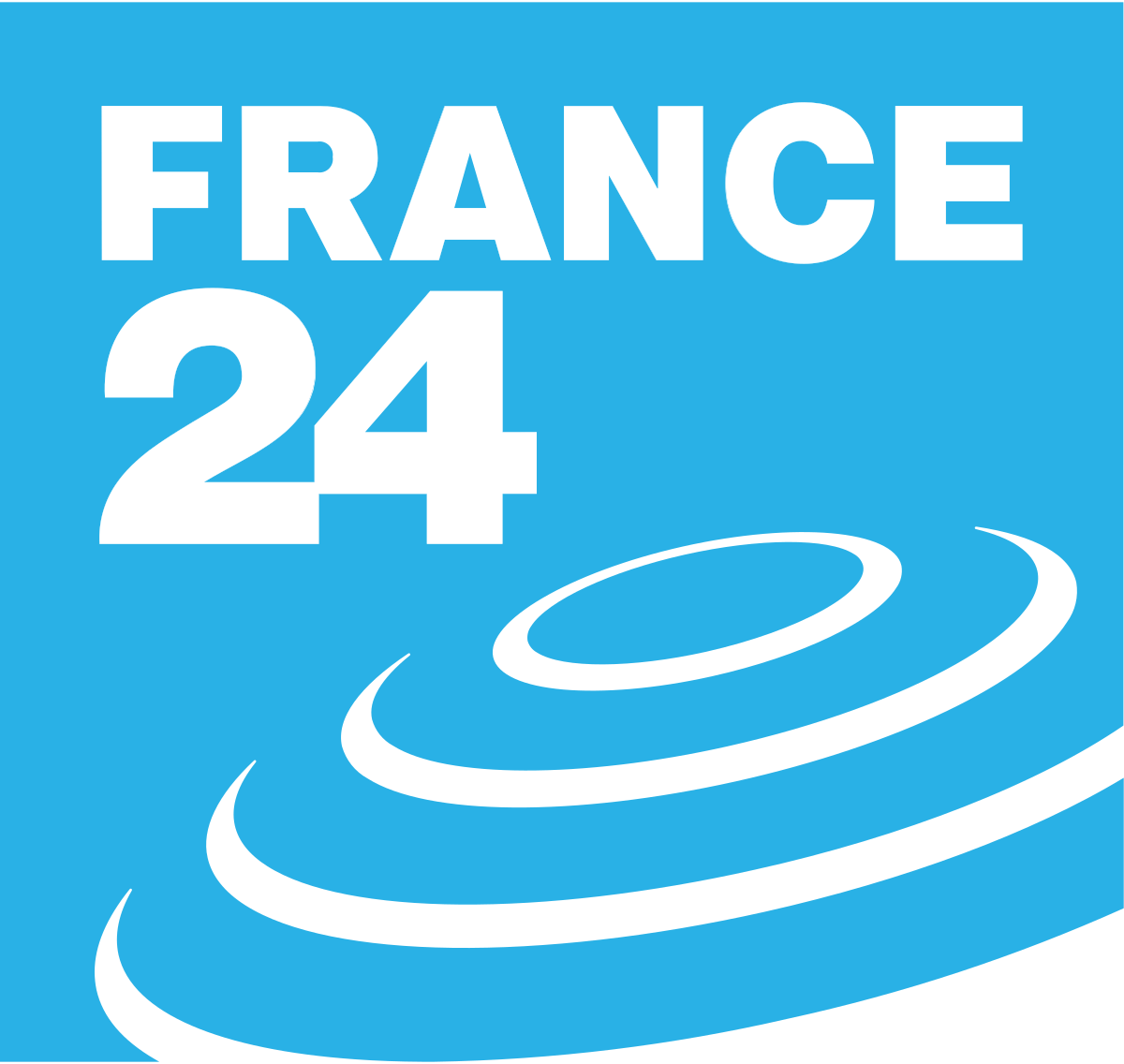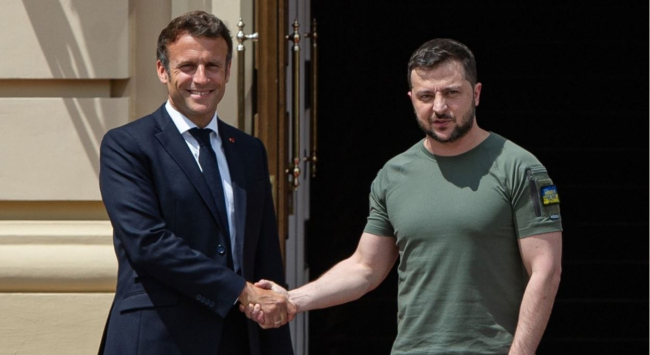

France is already sending an armored ‘oddity’ to Ukraine. Now this can send a little odd.
France may send Ukraine its AMX-10Ps, an amphibious infantry fighting vehicle that was phased out of service by the French army nearly a decade ago.


The E.U. Offered to Embrace Ukraine, but Now What?
The European Union and NATO have promised a path to membership for the embattled country. But real partnership will hold risks and benefits for both sides.
The Sino-Russian Partnership: Assumptions, Myths and Realities
When Xi Jinping and Vladimir Putin announced a “no limits friendship” at their February 2022 summit, the message was that Beijing and Moscow had reached a new peak in relations.
Macron pirouettes on Russia to the strains of ‘Churchill and Chamberlain’
President Emmanuel Macron’s nuanced position on the war in Ukraine is part and parcel of yet another French specificity, an attitude towards Russia which is unique in Europe. Macron prides himself on being a moderate among western warmongers.
Freedom, EU, NATO: Ukrainian Society Has Made its Choice
The Ukrainian resistance should be seen in its long-term context, starting with independence in 1991, and confirmed by the events of 2014.
One Year of War in Ukraine: Where Do the Russian People Stand?
The overwhelming majority of the Russian population, having been fed Kremlin propaganda for years, approves of the war in Ukraine.
How will it end? No easy answers over Russia's war on Ukraine
The Kremlin wanted Russia's invasion of Ukraine to yield a lightning victory, but 12 months on the war is dragging into a stalemate with neither side achieving military breakthrough nor prepared to agree a settlement based on the status quo.
(Replay) Accession to NATO, war in Ukraine: what are the new security challenges for Sweden and Finland?
A conference with Esa Pulkkinen, Permanent Secretary of the Finnish Ministry of Defense, and Peter Sandwall, State Secretary to the Swedish Minister of Defense, held at Ifri on February 9, 2023.
A conversation between Dmytro Kuleba and Thierry de Montbrial, World Policy Conference 2022, Abu Dhabi
Dialogue between Dmytro Kuleba, Minister of Foreign Affairs of Ukraine, and Thierry de Montbrial, founder and president of Ifri and the World Policy Conference, held in Abu Dhabi (Dec. 11), on the occasion of the 15th edition of the World Policy Conference.
Support independent French research
Ifri, a foundation recognized as being of public utility, relies largely on private donors – companies and individuals – to guarantee its sustainability and intellectual independence. Through their funding, donors help maintain the Institute's position among the world's leading think tanks. By benefiting from an internationally recognized network and expertise, donors refine their understanding of geopolitical risk and its consequences on global politics and the economy. In 2024, Ifri will support more than 70 French and foreign companies and organizations.


















